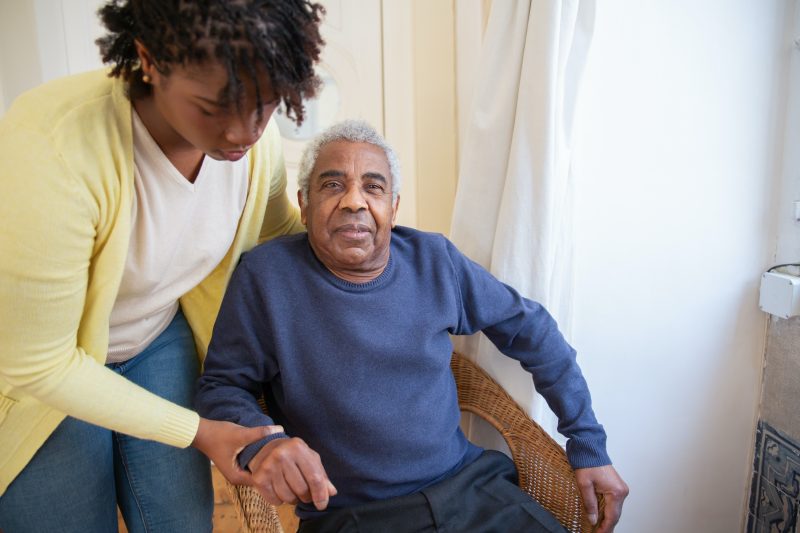- 52% of UK citizens know someone who has dementia. 1 in 3 people will get dementia in their lifetime.,
- New clinical study led by Hospice Isle of Man’s Scholl Academic Centre will evaluate the effects of ORCHA approved, evidence-based digital reminiscence activities on quality of life for carers and people living with dementia
- The research will also examine the impact of the intervention upon quality of life for carers. This is a first step in addressing a global need as carer burnout continues its rise.
Today, digital health app Memory Lane Games, in partnership with Hospice Isle of Man’s Scholl Academic Centre, announced a new clinical pilot study investigating the effect of digital reminiscence activities on the quality of life of people living with dementia and their carers.
The Isle of Man Research Ethics Committee approved the study, which is sponsored by Hospice Isle of Man and funded by Memory Lane Games. The unique, real-world, decentralised design allows 30 people with dementia to participate, as well as their carers.
Dementia: The rising global unmet demand
Worldwide, more than 40 million people have been diagnosed with dementia. The number of people with dementia is expected to rise to 131.5 millions by 2050. The latest ONS data demonstrated a worrying 65% increase in dementia and Alzheimer’s deaths. Research by the Alzheimer’s Society showed that 56% of people with dementia who live alone left more lonely during lockdown, and nearly ¼ of people that lived with others also felt lonelier too. As a result the impact on mental health among people affected by dementia has been catastrophic with nearly ½ reporting a negative impact on their mental health and more than 80% experiencing deterioration in their dementia symptoms.
There is currently no cure. Most research focuses on pre-diagnosis, diagnosis, and genetic factors. As a result, there is a large global unmet demand for post-diagnosis care, management of dementia and other age-related cognitive decline as well as support and guidance for caregivers. One in three people in the UK will develop dementia, and families are being asked to take on more caring responsibilities. The extra 92million hours spent caring to loved ones with dementia is having a detrimental impact on their physical and mental health. 95% of those affected are experiencing a decline in their mental or emotional health.
A digital dementia tool
Memory Lane Games, an ORCHA-approved game-based app, was launched in July 2020. It provides simple, dementia-friendly distraction activities and reminiscence. It is supported by Alzheimer’s Disease International (ADI) and Alzheimer’s Disease Association of the Philippines (ADAP) and is used by healthcare professionals around the world to support patients impacted by age-related cognitive decline and even as rehabilitation support for people whose cognition has been affected by stroke.
Memory Lane Games CEO, Bruce Elliot, comments, “From personal experience and anecdotal, we’ve seen the power of reminisce and distraction activities in helping support those affected by dementia. We see the unmet need for critical day to day support for all those affected by dementia and we’re incredibly proud to be working with Hospice Isle of Man to lead the way with new research that brings us one step closer to improving the quality of life for all those touched by cognitive decline.”
Anne Mills, CEO of Hospice Isle of Man says, “We are delighted to be leading this study so that a thorough academic and independent trial of this technology can determine if this type of intervention could help to improve wellbeing of patients and their carers at the early stages of dementia. Hospice’s strategy is to reach more people sooner who need our support. This is why we are collaborating with Scholl Academic Research to see if health technology can have an impact. We are very proud that Memory Lane Games has been developed right here on the island and we are now able to independently recruit for individuals who can provide feedback on the app and bring us one step closer to improving the quality of life of others living with dementia.










